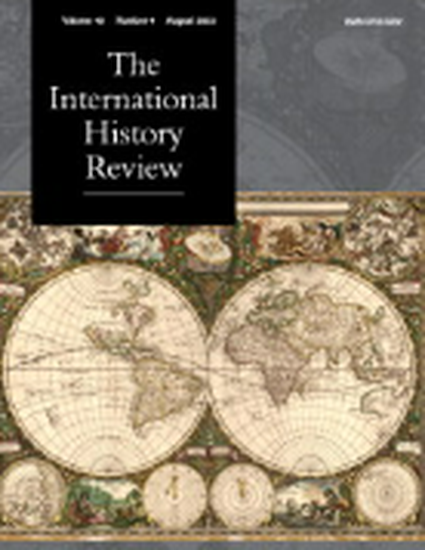
Article
Losing China? Truman’s Nationalist Beliefs and the American Strategic Approach to China, 1948–1949
The International History Review
(2021)
Abstract
Why did the Truman administration fail to pursue rapprochement with the Chinese Communists in early 1949? Available accounts focus on the existence of deep ideological differences—around the liberal/communist divide—between Chinese Communists and American leaders, which contributed to high levels of threat perception and inhibited effective communication between the two sides. Other accounts highlight the Truman administration need to secure public support and domestic mobilisation of resources, which was instrumental to the approval of the European Recovery Program (ERP), the Military Assistance Program (MAP), and NATO. By using recently declassified and underexploited sources, this article offers an alternative explanation: Truman’s nationalist beliefs and his cognitive image of China as a ‘colony’ led the president to shift economic and military support from the Kuomintang to local warlords in Western China to encourage covert operations against the CCP since late 1948. These findings confirm that pre-existing cognitive perceptions and stereotypes played a key role in shaping Sino-American relations in the early Cold War, and they might help US policymakers charting a more cooperative relationship with China today.
Disciplines
Publication Date
December, 2021
DOI
https://doi.org/10.1080/07075332.2021.2018344
Citation Information
Giuseppe Paparella. "Losing China? Truman’s Nationalist Beliefs and the American Strategic Approach to China, 1948–1949" The International History Review Vol. 44 Iss. 6 (2021) p. 1306 - 1326 Available at: http://works.bepress.com/giuseppe-paparella/2/
